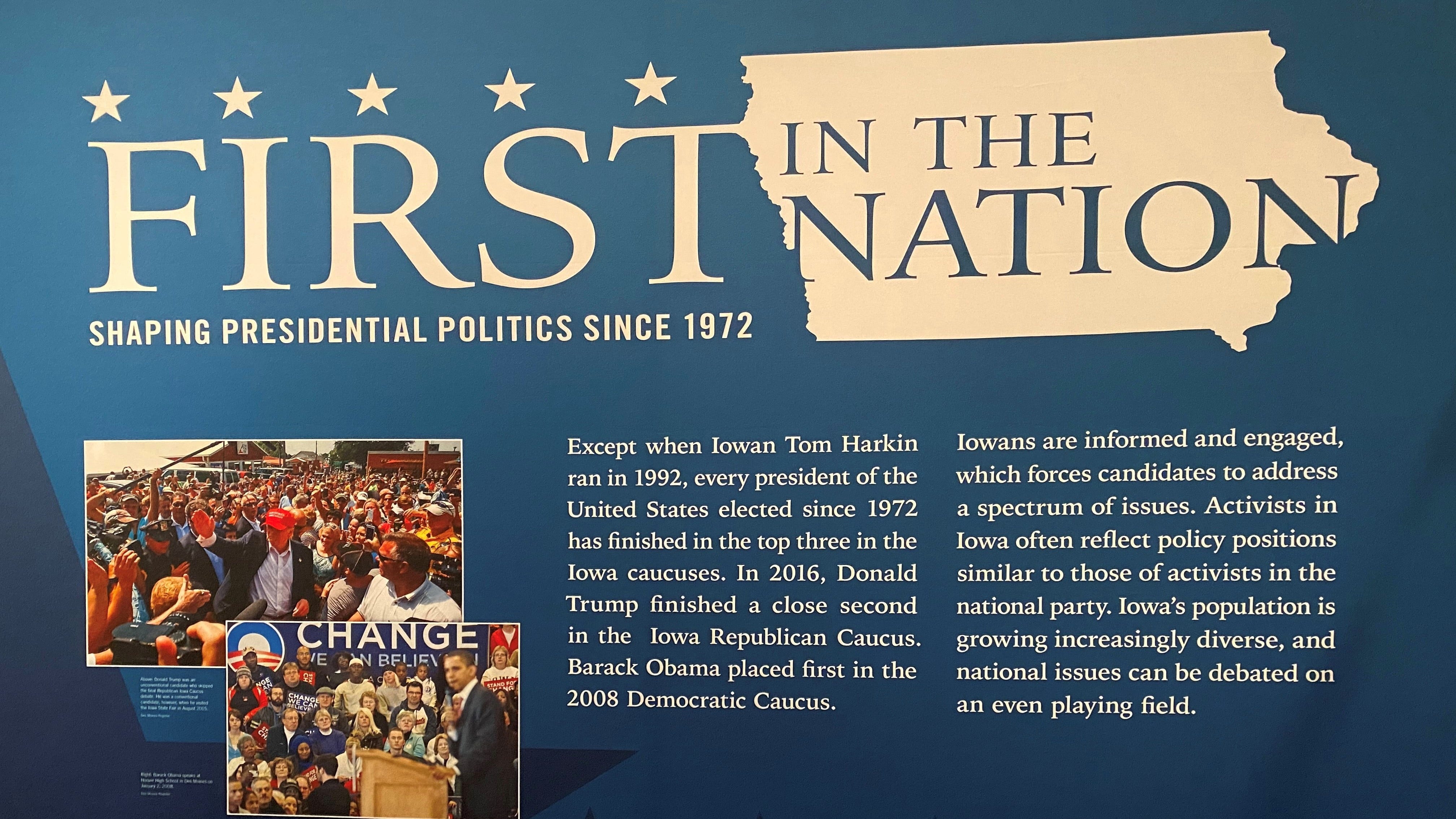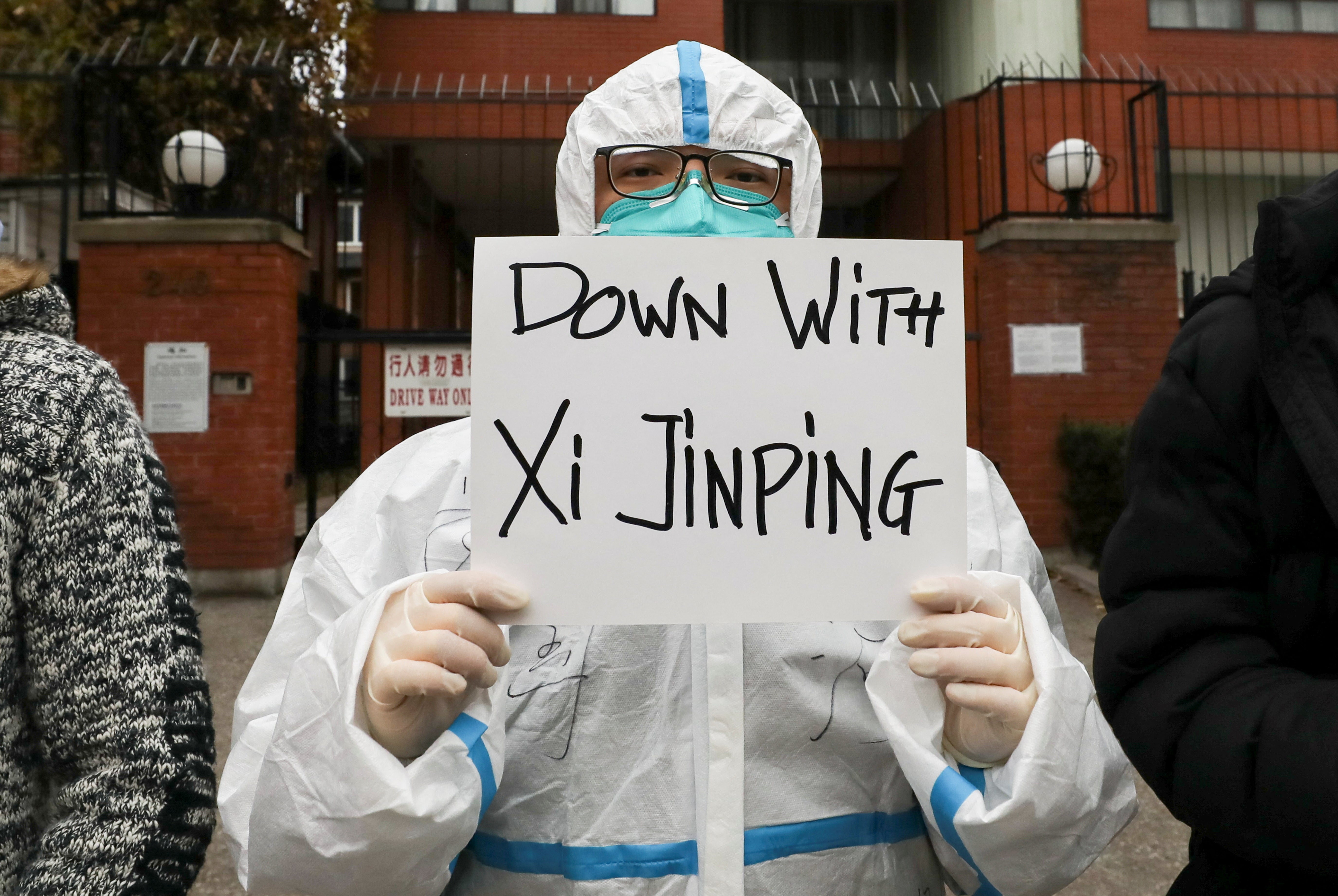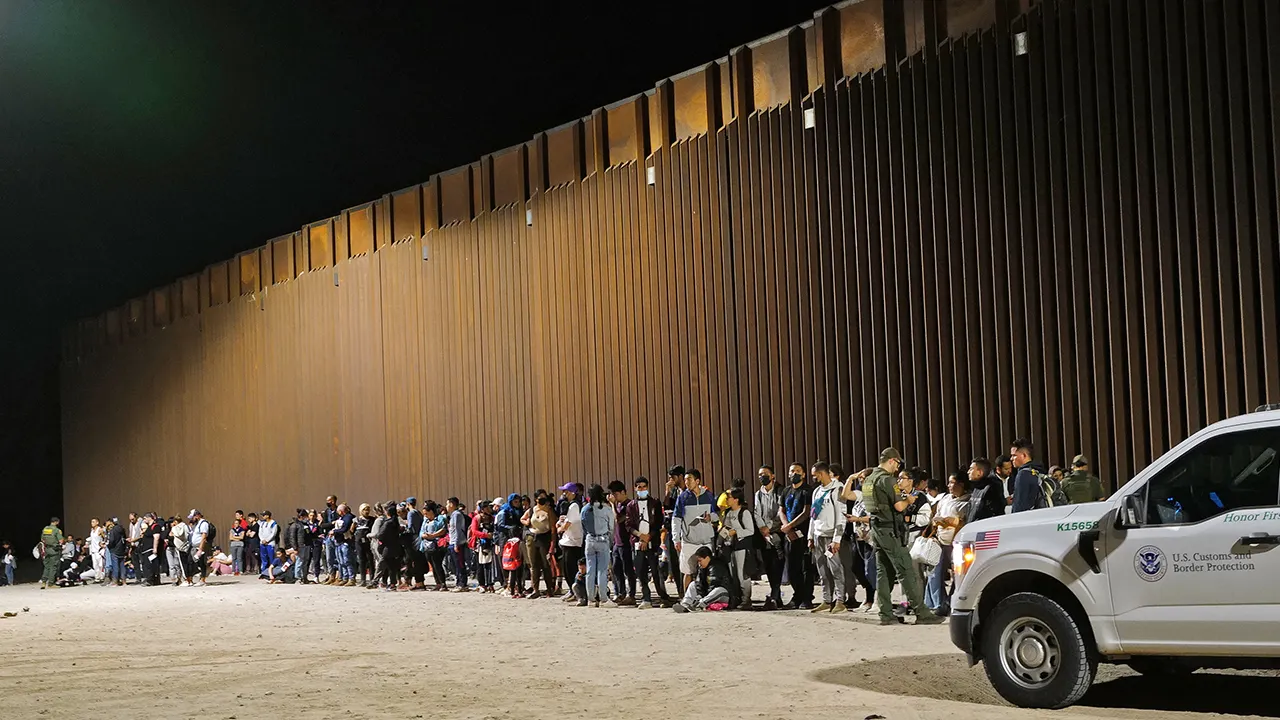A provision in House elections voting reform bill H.R. 1 that would require the government match congressional candidates’ small-dollar donations would amplify polarization and reward candidates at the extreme ends of their parties, like Reps. alexandria-ocasio-cortez” target=”_blank”>Alexandria Ocasio-Cortez<
“It doesn’t do away with special interests. It just changes the special interests and how they go about it,” he said.
The For the People Act of 2021, known as H.R. 1, would provide public matching funds for qualifying congressional and presidential candidates at a rate of 6:1, among many other provisions. The 6:1 match would kick in for each grassroots contribution to a candidate up to $200. For example, a $200 donation to a House candidate would garner a $1,200 match in public funds for a total contribution of $1,400.
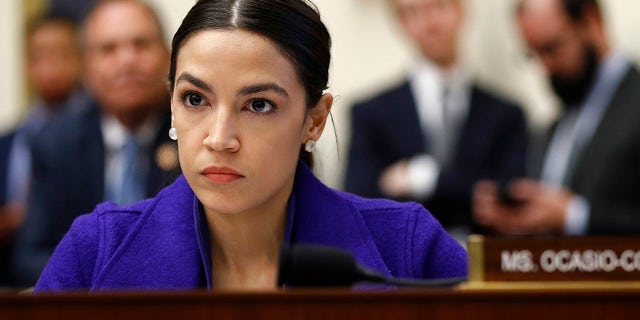
Rep. Alexandria Ocasio-Cortez, D-N.Y., in a 2019 file photo.
(AP Photo/Patrick Semansky)
Institute for Free Speech President David Keating described the provision “as a subsidy for Congress’ most powerful, famous, and notorious members.”
“In just three months, several candidates have already received enough donations to trigger the maximum allowable taxpayer subsidy — roughly $6.7 million in public funds,” Keating told Fox News in a statement. “They include controversial figures such as Marjorie Taylor Greene, Alexandria Ocasio-Cortez, Matt Gaetz, Nancy Pelosi, and Adam Schiff. If H.R. 1 becomes law, candidates who dominate the media will dominate fundraising.”
Ocasio-Cortez raised $2.27 million in small-dollar contributions in the first quarter of 2021, while Greene raised $2.56 million.
Numerous studies show that candidates on the edges of the political spectrum tend to attract the most small-dollar contributions, Smith said.
“Essentially, what you’d be doing is giving a lot of federal money to many of the candidates who are on the most extreme ends of their parties,” Smith said. “Almost all the Democrats support it. Many of them consider themselves moderates, centrists. … I’m not sure a lot of folks have thought through that dynamic.”
Smith pointed out that Democrats have dominated small-dollar contributions in recent years.
“One can’t help but notice that, given current fundraising patterns, Democrats would do really, really well with this compared with Republicans,” he said.
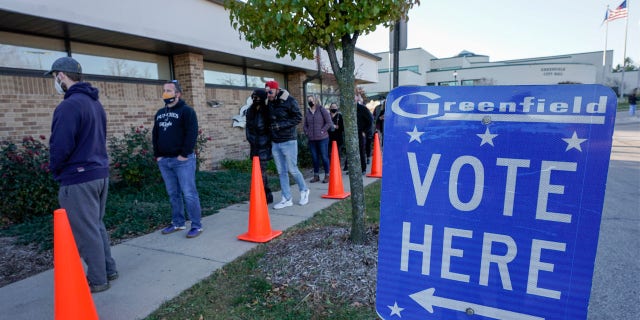
People line up to vote outside the Greenfield Community Center on Election Day, Tuesday, Nov. 3, 2020, in Greenfield, Wisconsin. (AP Photo/Morry Gash)
Some countries use public funds to subsidize political parties, but that’s not included in H.R. 1.
“There’s a zillion ways to do public funding, and a very common way is to simply give money to the political parties. … It seems to me this kind of matching contributions to candidates is really rare,” Smith said. “A lot of people think there’s more public funding of campaigns overseas than there is. In almost every country, private funding remains the backbone.”
The public match program would be funded by a new 4.75% surcharge on criminal and civil penalties and settlements that corporations pay to the U.S. government. The nonpartisan Congressional Budget Office estimated the new revenue stream would generate about $3.2 billion over 10 years.
The proceeds from these additional corporate settlement assessments would be deposited into a new “Freedom From Influence Fund” created under the legislation.
“Let’s be very clear, there is no public funding – use of taxpayer money – for congressional races in this legislation no matter what you hear someone else [say],” House Speaker Nancy Pelosi said.
H.R. 1 passed the House of Representatives by a vote of 220-210 in March.
Fox News’ Marisa Schultz and Ronn Blitzer contributed to this report.
 Iktodaypk Latest international news, sport and comment
Iktodaypk Latest international news, sport and comment

